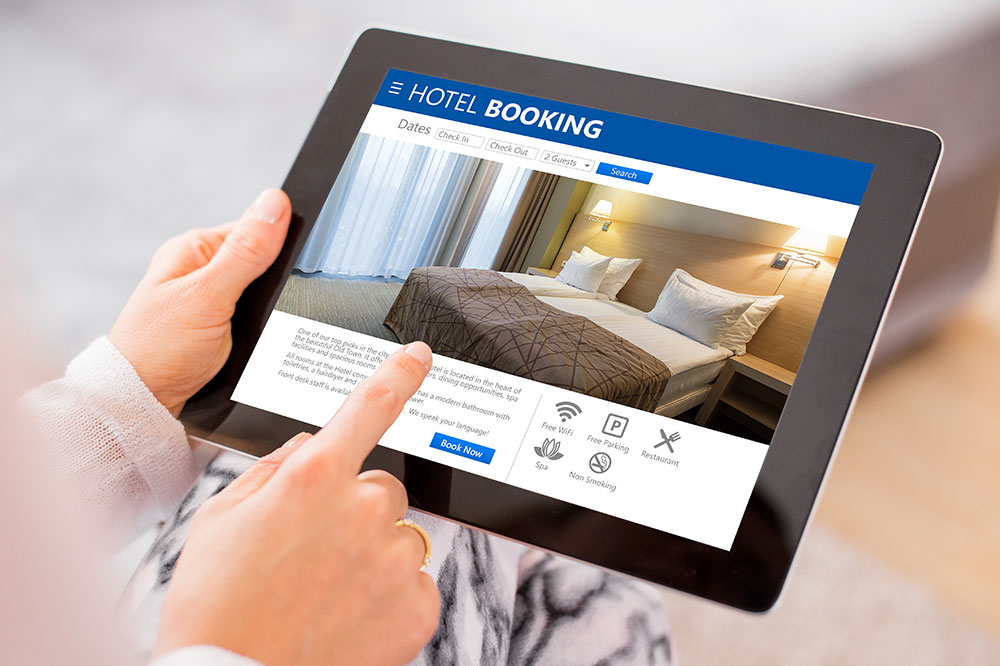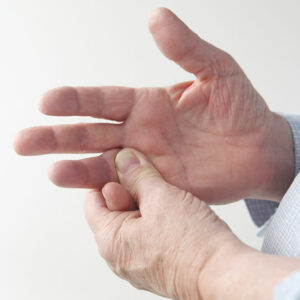6 common mistakes to avoid while checking into a hotel

It helps to retreat from life’s hustle and bustle every now and then and enjoy a peaceful vacation alone or with loved ones. Luxurious hotels provide one with this retreat, with premium services, assured privacy, and a welcoming ambiance. Making reservations at hotels has become incredibly easy with several booking apps offering lucrative discounts on stays. However, avoiding certain common mistakes while checking into a hotel can enhance one’s experience considerably.
Not clarifying if early check-in and late check-out are available
Early check-in and late check-out ensure that guests can spend more time on their holiday. Moreover, the check-in and check-out processes can be more hassle-free if guests have an additional hour to unpack and pack their belongings. Thus, before checking in, guests should request the hotel staff at the reception for early check-in and late check-out.
Not speaking to the hotel staff about one’s requirements
Speaking with the hotel staff beforehand about one’s purpose of stay and specific requirements can help one book the most suitable rooms. For example, some individuals may be looking for a luxurious deluxe suite with a jacuzzi, while others may want a simple room with no fancy elements. The hotel staff can check out the various options available and communicate them to the guests early on, avoiding any last-moment hassles or disappointments.
Not providing the staff with one’s contact information
It is important to provide one’s contact number and email address before checking into a hotel, as the hotel staff can contact the guest easily in case any belongings have been left behind. In some hotels, guests may also request the hotel staff to mail them the folio after check-out, so that they can skip the check-out process and clear the charges later.
Paying a non-refundable room rate
A non-refundable room rate may be relatively lower than the refundable option; however, one must be aware that no amount will be refunded to the guests if they cancel the booking. Hence, it is best to book rooms at refundable charges and pay some additional amount instead of booking them at non-refundable rates and suffer a greater loss in case of cancellations.
Not being aware of taxes and hidden charges
Typically, several taxes are levied over and above the principal accommodation charges at hotels. State sales tax, hotel occupancy tax, and local sales tax are some common taxes applicable to hotel guests. Sometimes, hotels may also include hidden charges, such as resort fees in the total bill, when the guest may not be able to negotiate the final amount. Thus, it is imperative to check out the various taxes applicable to a guest and calculate the final amount payable before booking a hotel room.
Failing to enquire about the inclusions and exclusions
Hotels may, upon their discretion, include or exclude certain facilities in their final charges. For example, while some hotels may not charge for additional amenities like a spa or access to the game zone, some other hotels may not include these amenities in their final bill. Hence, guests would have to pay additional charges to avail of such services. It is important for guests to enquire about what services are included and excluded in the final amount before checking into the hotel.



